Playing ranked in Rainbow Six Siege can sometimes be confusing, but mostly because of its complex ranking system. Some players are left scratching their heads after playing their placement matches, stuck wondering why they got shoved into an unexpected rank.
Here is a rundown of the Siege Ranking system.
Siege’s ranked play unlocks after players hit level 50 and it consists of a wide range of tiers. The ranks from bottom to top are as follows:
| Rank | Required MMR |
| Copper V | 0 to 1100 |
| Copper IV | 1100 to 1200 |
| Copper III | 1200 to 1300 |
| Copper II | 1300 to 1400 |
| Copper I | 1400 to 1500 |
| Bronze V | 1500 to 1600 |
| Bronze IV | 1600 to 1700 |
| Bronze III | 1700 to 1800 |
| Bronze II | 1800 to 1900 |
| Bronze I | 1900 to 2000 |
| Silver V | 2000 to 2100 |
| Silver IV | 2100 to 2200 |
| Silver III | 2200 to 2300 |
| Silver II | 2300 to 2400 |
| Silver I | 2400 to 2500 |
| Gold III | 2600 to 2800 |
| Gold II | 2800 to 3000 |
| Gold I | 3000 to 3200 |
| Platinum III | 3200 to 3600 |
| Platinum II | 3600 to 4000 |
| Platinum I | 4000 to 4400 |
| Diamond | 4400 to 5000 |
| Champion | 5000+ |
Are there any ranked rewards in Rainbow Six Siege?
Ranks are region-specific and reset at the beginning of each season. After each reset, players are rewarded with charms which are based on their rank in the previous season. These charms generally feature the game’s logo and the season’s theme.
What happens after ranked resets in Rainbow Six Siege?
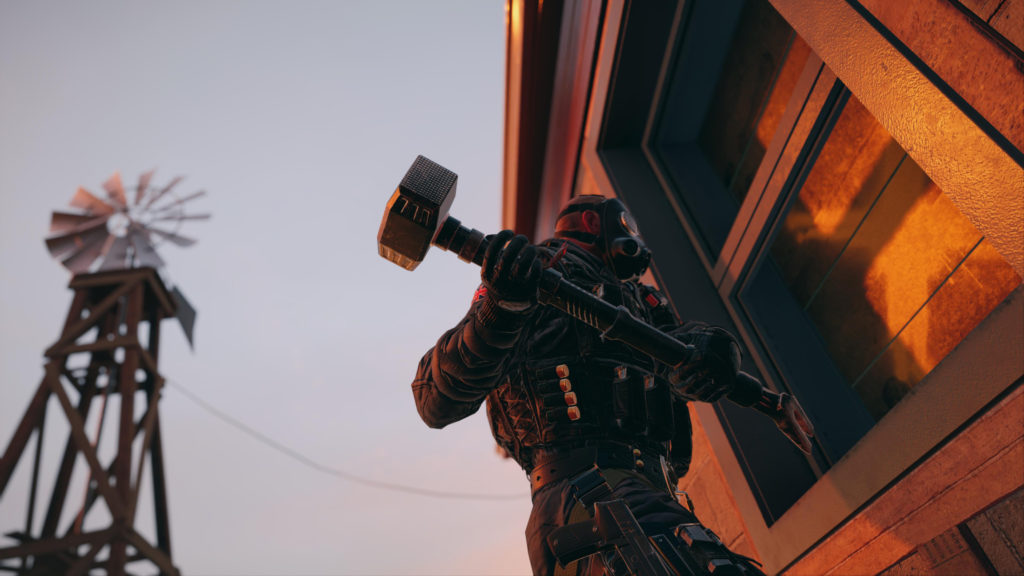
Each seasonal reset gives players a chance to start fresh with the knowledge they gained from the prior season of ranked play, according to Ubisoft. At the beginning of each season, 10 placement matches are played, and players are awarded a rank.
Your new rank can be lower than the division you finished the last season in, since the game takes the opportunity to recalibrate the players. If you end up having a marvelous run through your placement matches, you may also receive a rank higher than your previous one.
What kind of system does Rainbow Six Siege’s ranked system use?
The ranking system follows a modified version of the Elo/Glicko system, which was originally created for one-vs-one games, like chess, according to the support page. But how is Elo awarded? That’s where things get a little surprising.
Players are often confused when they end matches with better than average K/D ratios and don’t receive a notable bump up in rank or Elo. This is because the system does not take K/D into account, and players are not awarded extra Elo for their kill-based performance, according to the post. Rather, the main factors that decide each player’s rank is the rank of your opponents and if you won your match. Ubisoft emphasizes that Siege matches are not meant to be won by an individual, but through teamwork—which is why only the wins, losses, and opponent ranks matter.
The ranking system takes into account your opponents’ ranks to better judge what the outcome of the match means. If you’re playing with a squad of Gold I players and the other team is filled with Coppers, you most likely will not see much awarded Elo. Conversely, if you’re matched with players who outrank you, you’ll be awarded with a higher amount of Elo when you win.
Are there any exceptions in the ranked system?
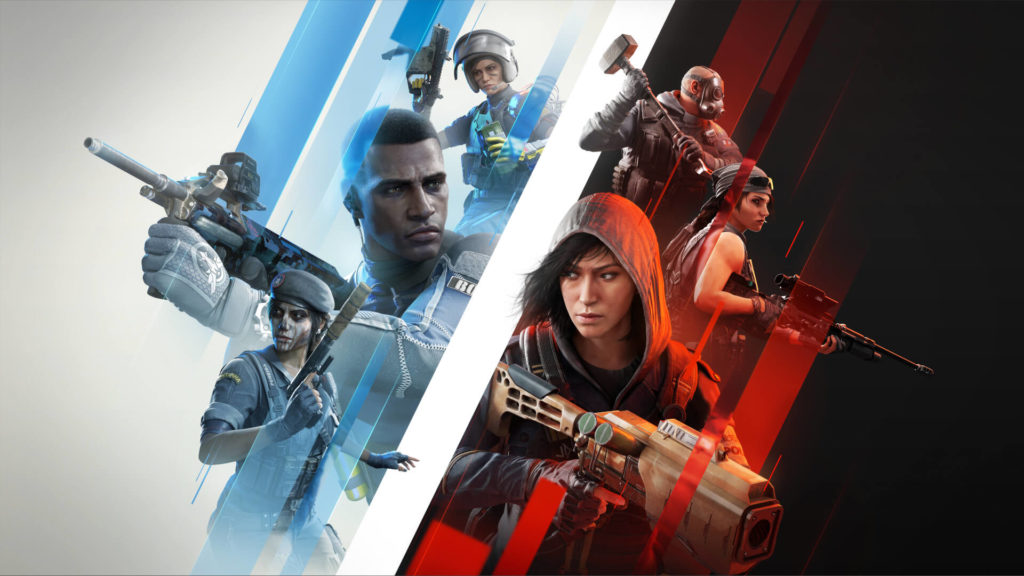
Ubisoft acknowledged there are some exceptions to the way the ranking system is set up. If a player is kicked from a match, quits, loses connection, or is AFK, those matches will automatically count as a loss. In the event you are disconnected from a match, you can rejoin the match through the ranked tab once your connection stabilizes. Rejoining a ranked match may prevent the system from counting the match as a loss. Ubisoft also acknowledges that if the server goes down, the system will treat the match as if it never took place.
How can you rank up quickly in Rainbow Six Siege?
Even if you’ve been having a blast in normal matches, not everything may go according to your plan once you step into Siege’s ranked mode. Your matches will become more competitive with players making less mistakes. If you are placed into a rank below your expectations, there’s no need to worry, since working your way up to the higher tiers can lead you to improve as a player.
If you’re looking to rank up as quickly as possible, however, applying the methods below to your gameplay can increase your chances of winning more matches.
- Try focusing on your own mistakes
- When one of your teammates makes a mistake during a match, you may be the first to notice it. Focusing on your own gameplay and rectifying your mistakes will help you grow as a player, which will help you win more matches in the long run.
- Follow the meta
- Every player has their favorite operators. While Ubisoft tries to balance all the operators equally, some just excel in their roles better than the others. If you continue to play with operators who are out of the metagame, you’ll decrease your chances of winning. You should be open to learning new operators since the meta shifts every season and adapting will be the key to survive.
- Play with your friends
- Being in sync with your teammates will often be the key to winning more matches. Getting to know your random teammates every match can turn into a hassle at times, so queueing up with your friends who you can count on will allow you to have a stable team environment.
- Don’t try to be a hero, be a team player
- As mentioned in Siege’s ranked system, the game only factors in wins and losses when calculating a player’s rank. This means that your personal performance won’t directly affect your rank, so it’s best to focus on how you can do the most for your team. If your team requires a more supportive role, you should do it, and being a team player will often beat trying to be a hero.
For players who wish to take an in-depth look at their performance, they can visit the Rainbow Six Siege Stats page for more insights into their own play style and analytics. Players who are looking to up their game can also take a look at Ubisoft’s R6 Academy, where the company highlights top-picks from Siege YouTubers who know a thing or two about high-rank play.


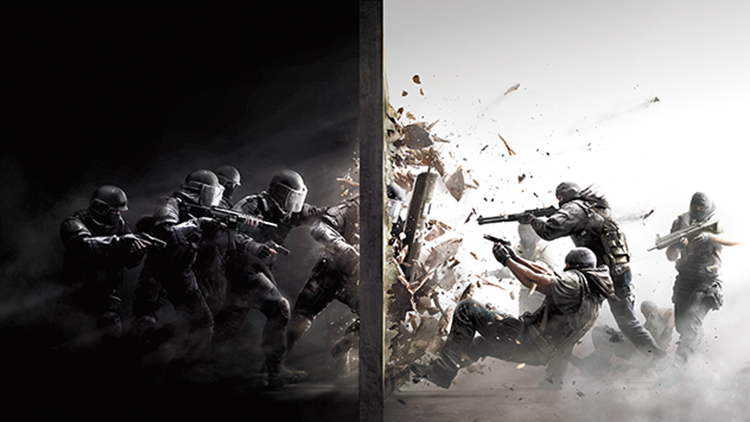
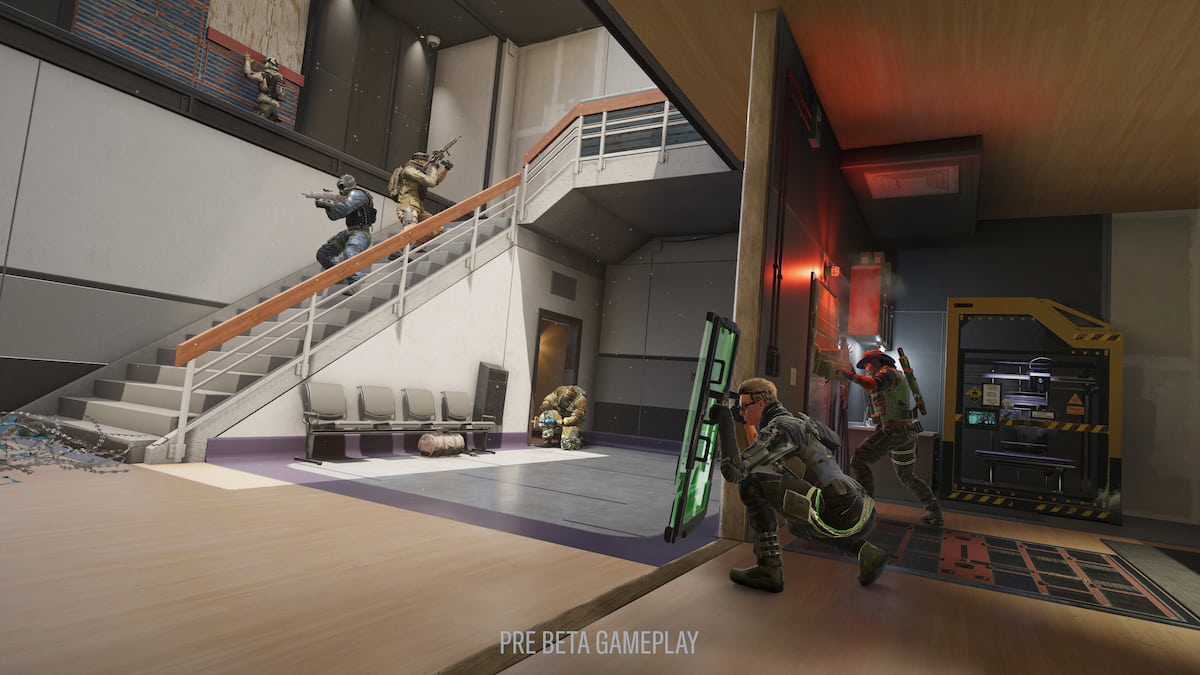
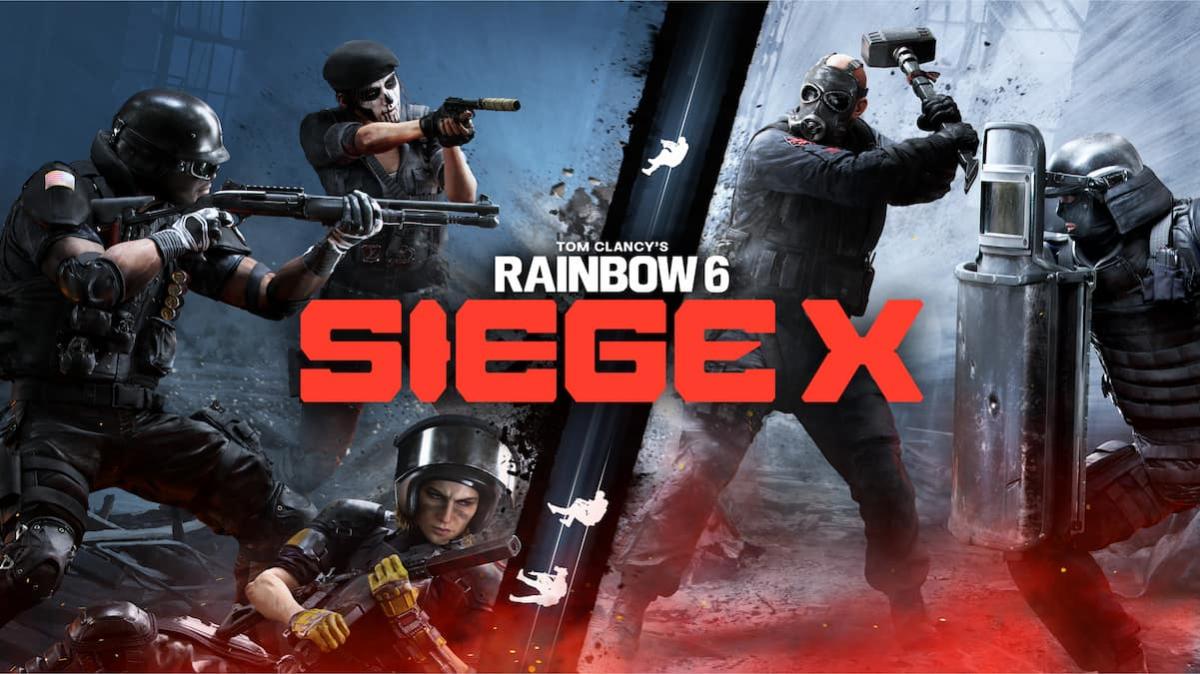
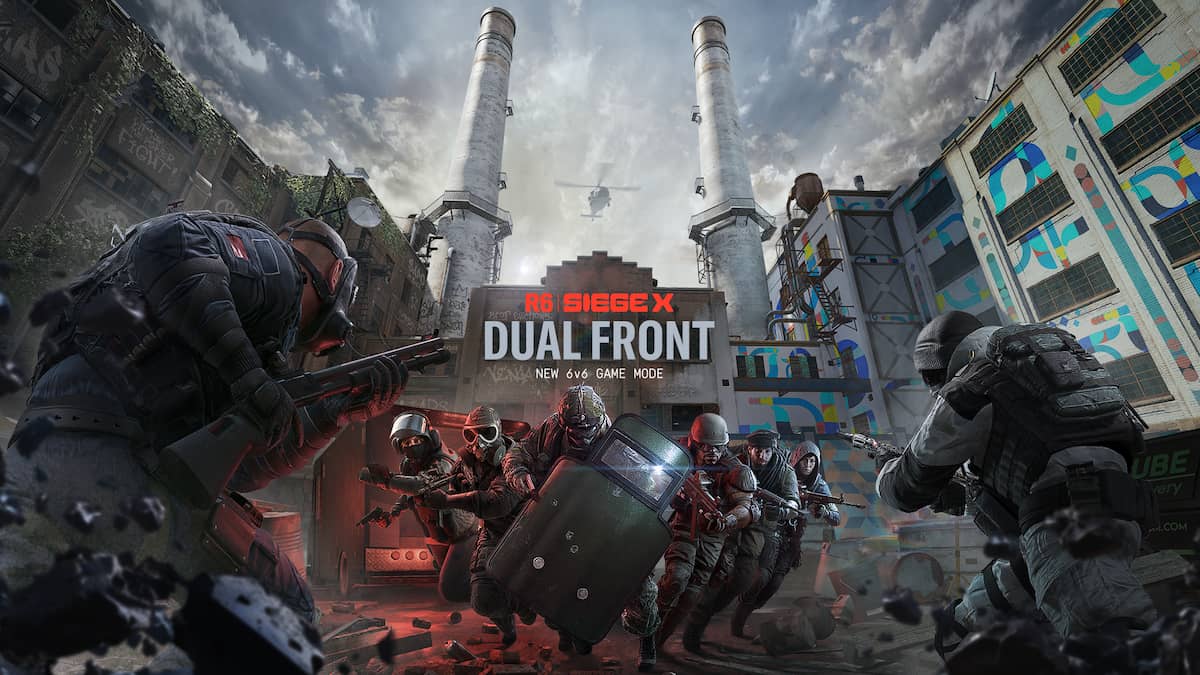

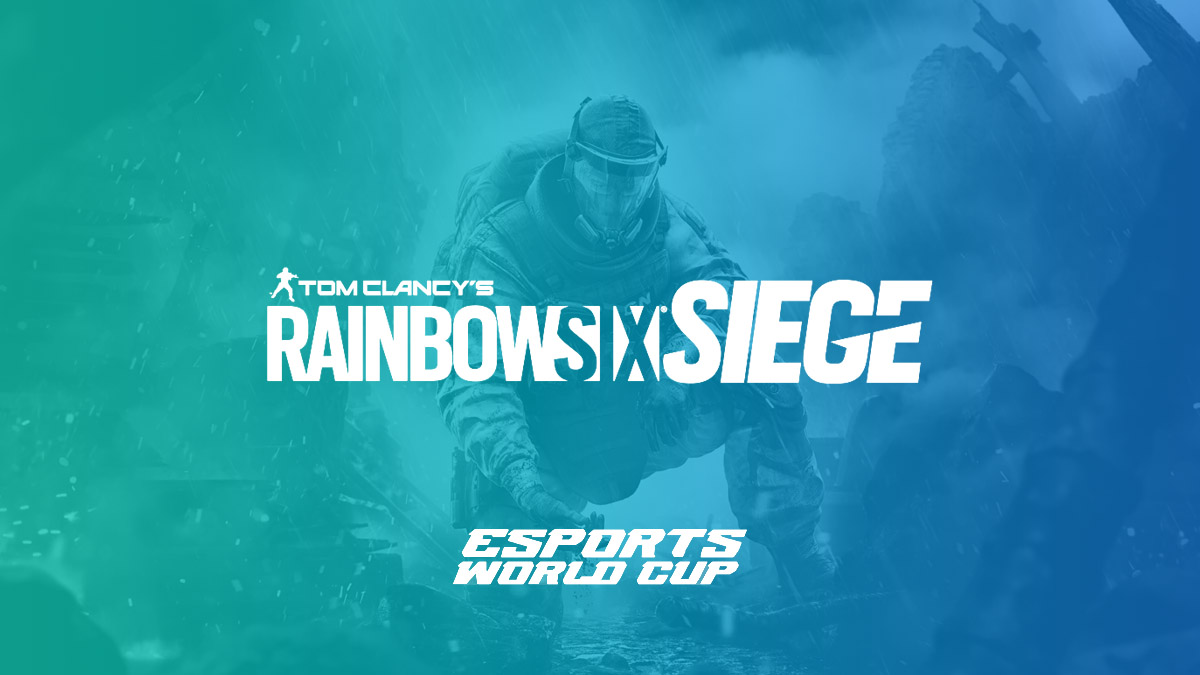
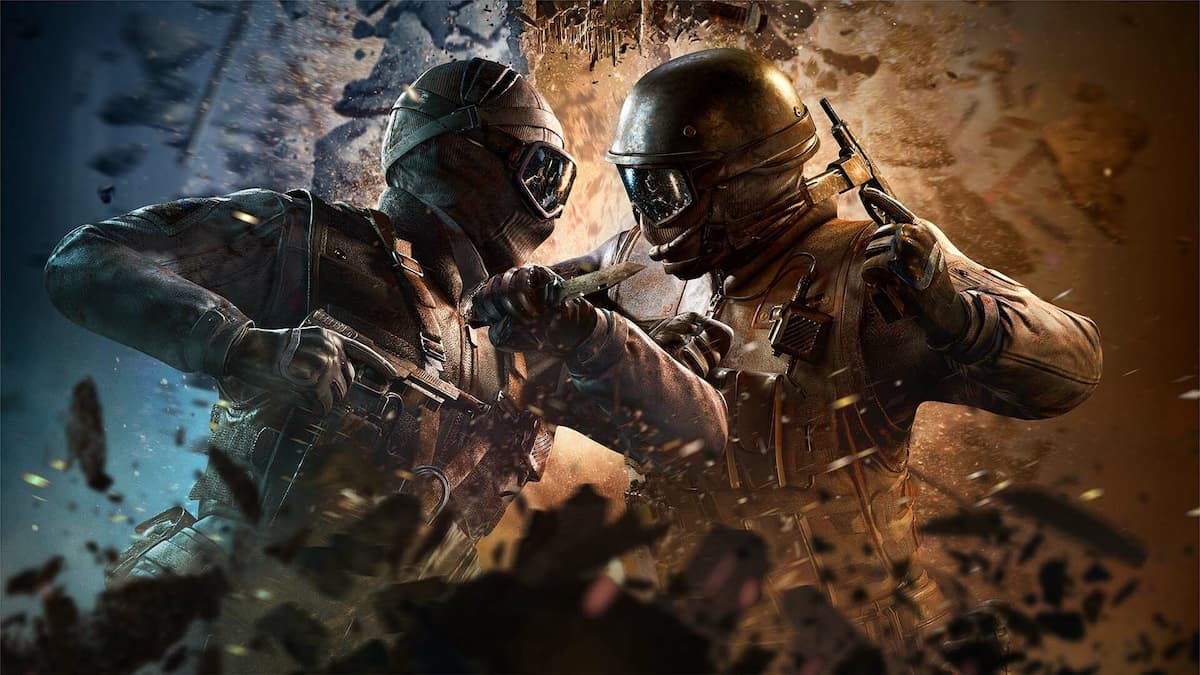
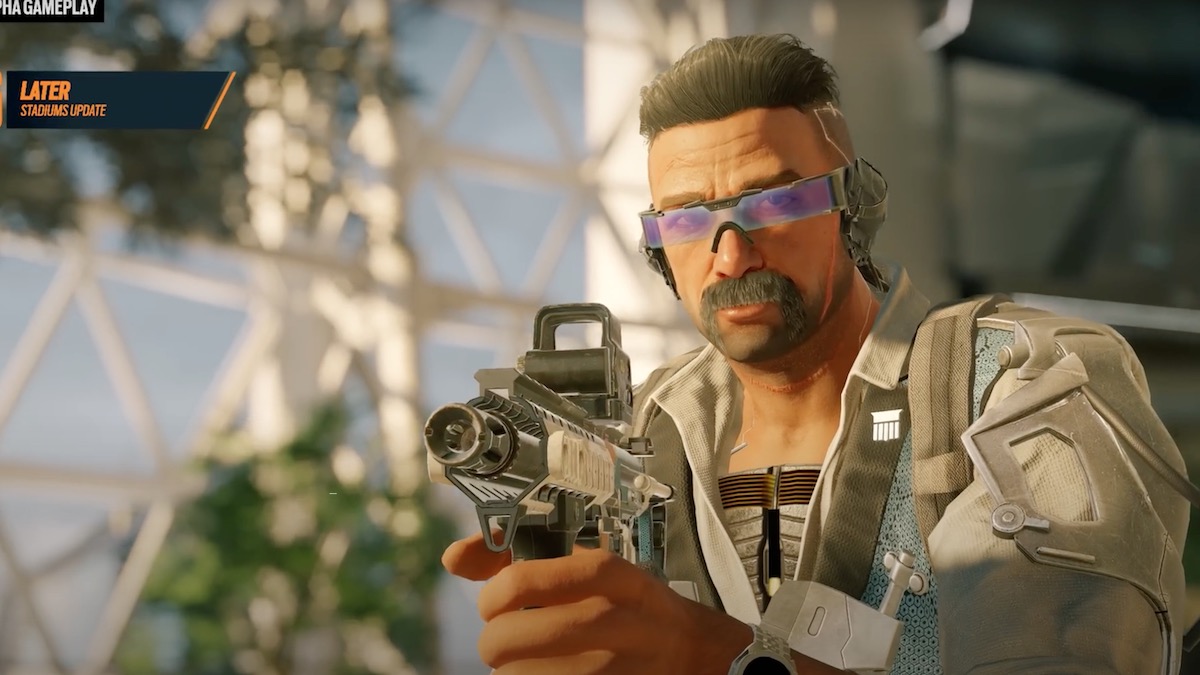

Published: Nov 25, 2021 05:54 pm